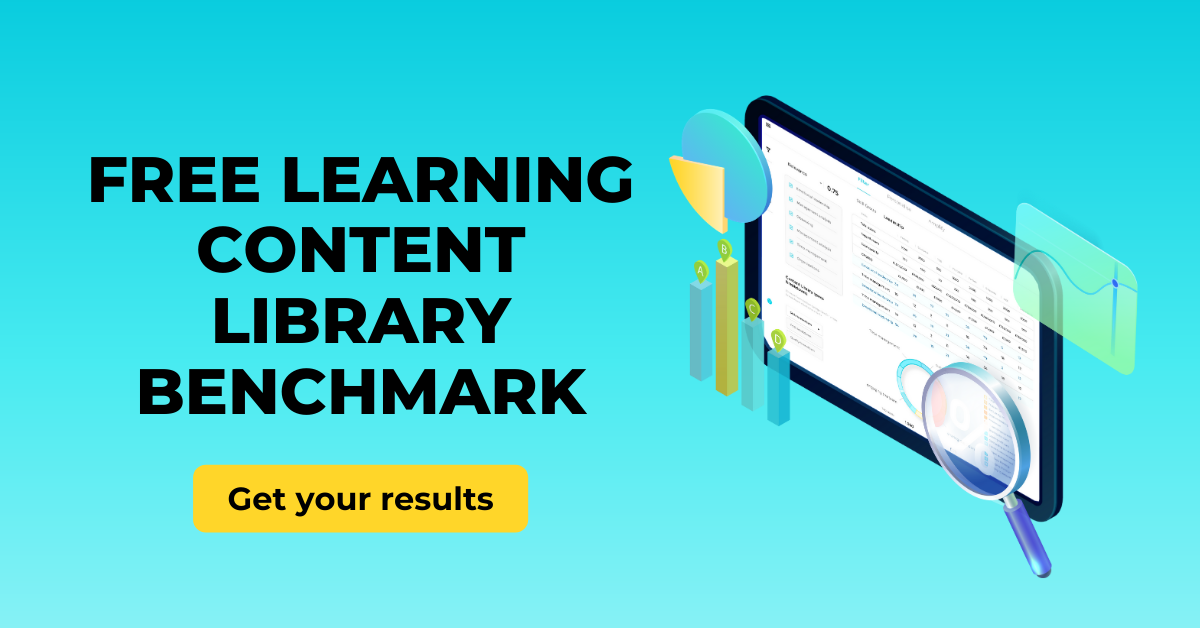The word ‘curation’ is often just associated with art galleries and museums - a very specific function limited to very specific areas. But we see it as far, far more than that. In many ways, curation can be seen as a fundamental human activity: the selection and organisation of sensations, objects and information is central to all culture. Since there’s been information, curation has been necessary. And the more information, the more curation we need.
The history of curation
It’s not new. Even a text like Genesis in the Bible, which seems like it’s emerged fully formed from the mists of time, is in fact a work of diligent curation: it parses key aspects of Bablyonian mythology and by stripping out many names and places and events, creates an enigmatic work almost like the sparse poetry of the early to mid twentieth century.
The principle of selection has remained key to art and culture in the following three millennia. Marlowe didn’t come up with the story of Doctor Faustus, and Romeo and Juliet was adapted from a poem by Arthur Brooke, who borrowed the story from a French author, who took inspiration from an Italian version of a classical greek tragedy. Shakespeare’s genius wasn’t just in the telling of the stories, it was in picking the right stories to tell. It’s much the same in art. Just think of Andy Warhol: the tin of Campbell’s Soup wasn’t art until Warhol selected it.
Why businesses curate
But curation spans far wider than art. Filtered was formed out of the realisation that curation is one of the main driving forces behind the economic world that we inhabit. In All Marketers are Liars, Seth Godin points out how the key to commercial success is being able to find under-served worldviews and construct stories that fit into them - just as consumers need to carefully select the right product, those selling need to find the right market.
Al Ries and Jack Trout laid the groundwork for this in Positioning where they established that all brands must either be number one for something to succeed, or position themselves clearly in relation to that number one (ie 7up as the ‘Un-cola’). Marketing becomes about choosing well.
However, the culture which gave rise to Filtered and companies like it has evolved in the last 15 years as curation has moved to the forefront of customers’ minds. The book Curation by Michael Bhaskar charts this rise of curation in many ways, but one that’s immediately recognisable is coffee houses: we moved from diners serving bad coffee in the 1950s, to mass market products like Starbucks and Café Nero which improved the choice on offer, and now to the most curated experiences imaginable where uniqueness is the selling point: one coffee shop selling one menu of single source coffee. This shift, from one thing for everyone, to a supermarket shelf of choice, to intimately curated experiences for particular groups, can be seen as a result of economic growth and the rise of technology to create new market segments. As Bhaskar points out: every successful company is some form of curation.
Digital technology has boosted this into overdrive. Advances have created a lot more objects in the world (more music, more books, more articles), made them infinitely easier to reproduce, and easier to curate (Pinterest, Instagram, Facebook and many more are all curation platforms). This has led to an explosion of curation and the curator role. It’s key in the thinking of VC visionaries like Benedict Evans, who famously said: 'all curation grows until it needs search, all search grows until it needs curation'. In a digital world, this rings true for every single marketplace, aggregation tool or collection. We start by curating, then we have to build a search function, and then new curated lists must be built on top of bloated search functions. LXPs are a great example of this.
Learning content curation
The modern economy runs on curation - and where it doesn’t, a company that curates will take over. Corporate learning hasn’t been at the forefront but it’s at this tipping point now. Learners are buried under mountains of undifferentiated content, with no clues about where to start or what they need. Businesses and learners alike are suffering because neither can develop. The purpose of Filtered is to fix this through curation.
We give people the learning they need and get rid of the rest. But, more than this, we match the learning to the need as much as the person. Our algorithms are built to inspire those moments of serendipity where the exact resource you didn’t know you needed presented itself at the perfect moment. Like when you finish a meeting and think “thank god I just read that article”. That’s arguably the purpose of curation: anticipating demand.
Filtered has always been a curation company: the most important Excel functions; the best learning content. Our recommendations flow from our ability to choose and the art of choosing well is inseparable from the data science and machine learning that allows us to scale that curation ability. Even algorithms must be chosen. Even digital products must be curated as they are pieced together from a patchwork of existing codebases and products.
Curation matters because it saves you time you couldn't possibly afford to spend. Time researching, sorting, organising, learning the context around the information that's being brought together. In corporate learning, where value and efficiency are essentially synonyms, it’s a shock that curation hasn’t taken centre-stage sooner.

